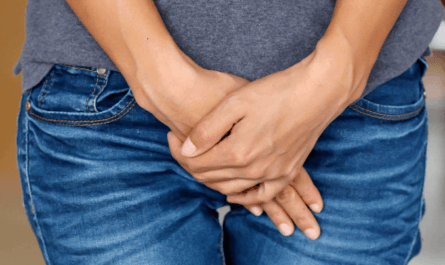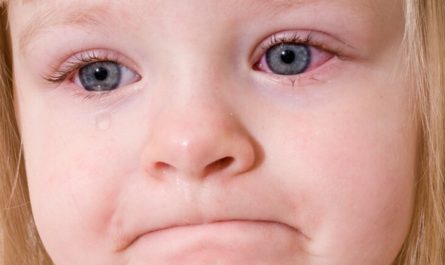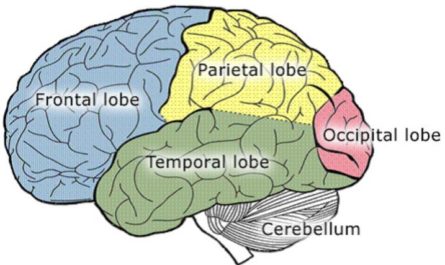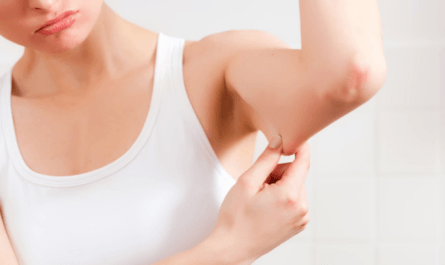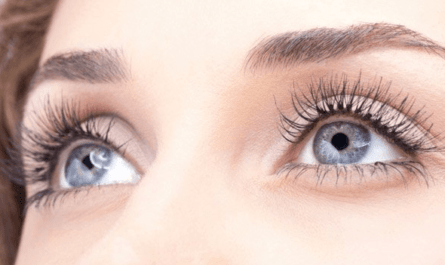Hiccups are a common and often frustrating occurrence that can strike at any time. Whether you’re eating dinner, giving a presentation, or just going about your day, a bout of hiccups can be disruptive and embarrassing. While they usually go away on their own within a few minutes to a few hours, there are times when hiccups can persist for an extended period, interfering with daily activities and quality of life.
Fortunately, there are many simple home remedies you can try to get rid of hiccups quickly. While there isn’t a lot of scientific evidence proving the effectiveness of these techniques, they are backed by a lot of anecdotal reports from people who have found relief using them. This article will discuss 16 effective remedies to help you get rid of hiccups quickly.
What are Hiccups?
Hiccups occur when the diaphragm, the dome-shaped muscle at the base of the lungs, begins to spasm involuntarily. This causes you to suddenly inhale and your vocal cords to snap shut, creating the distinctive “hic” sound. The medical term for hiccups is “singultus“, which comes from the Latin word for “to catch one’s breath while sobbing”.
Hiccups are usually triggered by things like eating too quickly, drinking carbonated beverages, feeling nervous or excited, or experiencing sudden temperature changes. They can also be brought on by alcohol, smoking, stress, or even certain medications.
In most cases, hiccups are harmless and will resolve on their own without any special treatment. However, if your hiccups last longer than 48 hours or are severe, it’s a good idea to see a doctor as they could be a sign of an underlying medical condition.
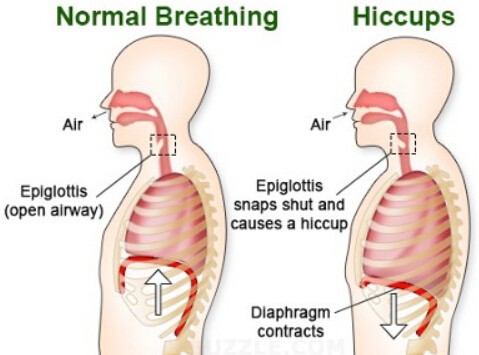
How to Get Rid of Hiccups: 16 Remedies Really Work
Here are 16 of the most popular remedies to stop hiccups fast:
1. Hold Your Breath
One of the simplest and most common ways to cure hiccups is by holding your breath. Take a deep breath, hold it in for about 10-20 seconds, then exhale slowly. Repeat this process a few times until the hiccups stop. Holding your breath can help relax the diaphragm and stop the spasms that cause hiccuping.
If holding your breath doesn’t work, you can try a variation where you exhale completely, then hold your breath for 10-15 seconds before inhaling again. This may help reset the diaphragm.
2. Breathe Into a Paper Bag
Breathing into a paper bag is another breathing technique that can help get rid of stubborn hiccups. Place a paper lunch bag over your mouth and nose, forming a seal. Slowly breathe in and out, causing the bag to inflate and deflate with each breath. Do this for about 30 seconds to a minute.
The theory behind this remedy is that breathing into a paper bag increases the amount of carbon dioxide in your blood, which can help relax the diaphragm and stop the hiccups.
However, it’s important to never use a plastic bag for this technique as it can pose a suffocation risk. If you start to feel lightheaded, dizzy, or short of breath, stop immediately.
3. Use the Valsalva Maneuver
The Valsalva maneuver is a technique that involves trying to exhale forcibly while keeping your mouth closed and pinching your nose shut. This increases pressure in your chest cavity and may help stop hiccups by stimulating the vagus nerve and causing the diaphragm to relax.
To perform the Valsalva maneuver, take a deep breath and hold it. Pinch your nose closed with your fingers and close your mouth. Try to exhale forcefully against the closed airway for 10-15 seconds.
If done correctly, you should feel pressure in your ears and chest. Release your nose and breathe normally. Repeat the process a few times if needed.
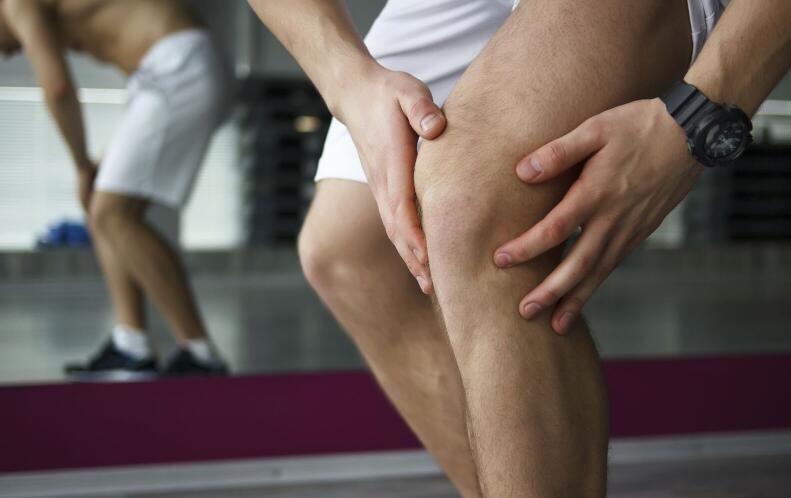
4. Hug Your Knees
Sitting down and hugging your knees to your chest can put pressure on the diaphragm and may help relieve hiccups. Sit in a comfortable chair with your feet flat on the floor.
Bring your knees up to your chest and wrap your arms around them, pulling them in as close as you can. Lean forward slightly, tucking your chin to your chest. Hold this position for 20-30 seconds while taking slow, deep breaths. Release and repeat as necessary.
Alternatively, you can try lying down and pulling your knees up to your chest, hugging them tightly. Roll gently from side to side while holding this position for a minute or two.
5. Pull on Your Tongue
Sticking out your tongue and gently pulling on it can stimulate the vagus nerve and help relax the diaphragm. To try this method, stick out your tongue and grasp it between your fingers. Gently pull your tongue forward and hold for 5-10 seconds. Release and repeat the process a few times.
You can also try this remedy by placing a spoon or popsicle stick on the back of your tongue and pressing down gently for a few seconds before releasing. The pressure and sensation can sometimes help stop the hiccup reflex.
6. Drink Water
Taking small sips of cold water while holding your breath can sometimes stop hiccups. The combination of the cold temperature and the act of swallowing may help relax the diaphragm spasms. Take a small sip of ice water, hold it in your mouth for a few seconds, then swallow. Repeat taking small sips until the hiccups subside.
Drinking from the opposite side of the glass is also said to be effective. Bend over at the waist and place your mouth on the opposite side of a glass of water. Tilt the glass up and drink the water upside down. Swallowing in this awkward position can sometimes help stop hiccups.
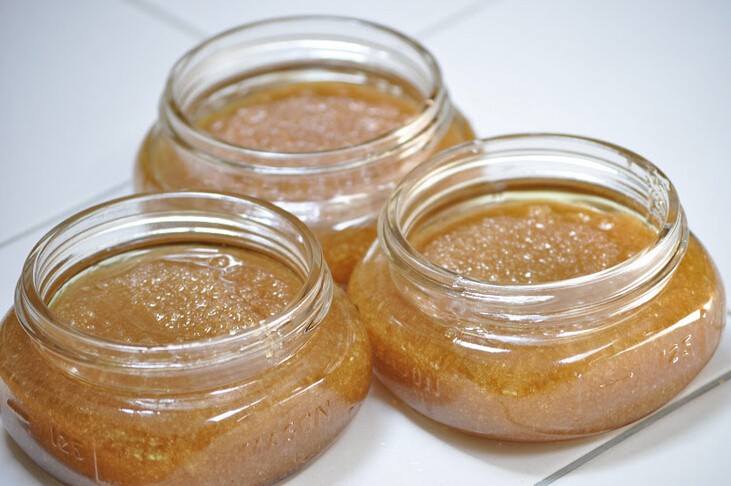
7. Swallow a Spoonful of Sugar
Swallowing a spoonful of granulated sugar is a popular folk remedy for hiccups. Place a teaspoon of white or brown sugar on your tongue and let it dissolve for a few seconds before swallowing.
Then follow it with a big sip of water. The graininess of the sugar is thought to slightly irritate the esophagus, causing the phrenic nerves to “reset” and stop the hiccups.
Honey can also be used in place of sugar. Take a spoonful of honey and swirl it around in your mouth, coating your throat before swallowing. The thick, sticky texture may help calm the diaphragm spasms.
8. Bite a Lemon
The sour taste of a lemon wedge can stimulate the vagus nerve and help stop hiccups. Cut a slice of lemon and sprinkle a little bit of salt on it if desired. Bite into the lemon, sucking on the juice. The surprise of the bitter, tart flavor may help halt the spasms.
If you don’t have a fresh lemon, you can try sucking on a slice of lime or grapefruit. Sour candies may also work in a pinch.
9. Eat Something Spicy
Eating spicy foods like hot sauce, wasabi, horseradish, or cayenne pepper may help some people get rid of hiccups. The strong, pungent flavor can stimulate the vagus nerve and disrupt the hiccup cycle. Try putting a few drops of Tabasco sauce or other hot sauce on your tongue or mixing a pinch of cayenne into a glass of warm water and drinking it down.
Sucking on a slice of fresh ginger root or drinking ginger tea may also be effective due to ginger’s spicy kick.
10. Have a Spoonful of Peanut Butter
The thick, sticky consistency of peanut butter can sometimes help stop hiccups by interrupting the breathing pattern and rhythm. Place a generous spoonful of peanut butter in your mouth and hold it there for 5-10 seconds before slowly swallowing. The thick texture forces your mouth and throat to work harder and can break the hiccup cycle.
Almond butter or other nut butter can also be used. If you have a peanut allergy, try using a seed butter like sunflower seed butter instead.
11. Sip Pickle Juice
The vinegar in pickle juice may help ease hiccups for some people. The sour, acidic taste can stimulate the vagus nerve and help the diaphragm relax. Take a few small sips of pickle juice straight from the jar. Follow with a glass of water to wash away the briny taste.
Apple cider vinegar, which has a similar sour flavor, can also be used. Mix a tablespoon of apple cider vinegar into a glass of warm water and drink.
12. Try Acupressure
Acupressure is an ancient Chinese healing art that involves applying pressure to specific points on the body to relieve various symptoms. There are a few pressure points that are thought to help alleviate hiccups.
One point is located in the soft, fleshy area between your thumb and index finger. Use your opposite thumb and forefinger to squeeze this area firmly for 30 seconds. Release and repeat on the other hand.
Another pressure point is found just below the sternum (breastbone). Using your index and middle finger, press firmly into the slight dip where the sternum ends. Hold for 30-60 seconds while taking deep breaths.
You can also try pressing gently on the artery in your neck located just to the side of your Adam’s apple. Place two fingers on this spot and massage in a circular motion for 30 seconds.
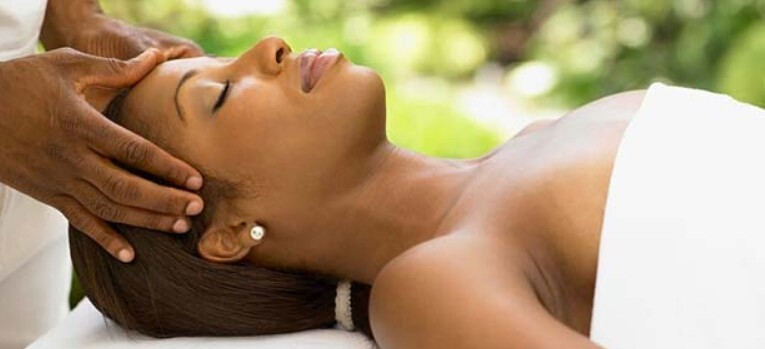
13. Massage the Roof of Your Mouth
Using your tongue or finger, gently massage the roof of your mouth, focusing on the area right behind your front teeth. The pressure and sensation can sometimes help stop hiccups by stimulating the vagus nerve.
You can also try running your finger or a cotton swab along the back of your throat to tickle the uvula, the fleshy nub that hangs down in the back of the throat. This may cause a gag reflex which can sometimes stop hiccups.
14. Relax and Meditate
Since stress and excitement can sometimes trigger hiccups, practicing relaxation techniques may help them go away faster. Find a quiet, comfortable place to sit or lie down. Close your eyes and focus on taking slow, deep breaths from your diaphragm. Visualize the hiccups disappearing with each exhale.
Progressive muscle relaxation can also be helpful. Starting with your toes, tense and then relax each muscle group in your body, moving up to the top of your head. This can help release tension and calm the diaphragm.
15. Distract Yourself
Focusing intently on your hiccups can sometimes make them worse. If you feel a bout of hiccups coming on, try to distract yourself by engaging in an activity that requires concentration.
Count backward from 100 by 7s, sing your favorite song, or play a challenging game on your phone. Shifting your focus away from the hiccups can help your body relax and let them fade away naturally.
Alternatively, try to make yourself laugh or think of something funny. Laughter is a natural hiccup remedy for some people. Watch a humorous video or tell yourself a few jokes to see if it helps.
16. Wait Them Out
If you’ve tried a few of the above remedies and nothing seems to be working, you may just need to be patient and wait for the hiccups to pass on their own. Most cases of hiccups will resolve spontaneously within a few minutes to a few hours without any special treatment.
In the meantime, try to relax and not let them bother you too much. Getting anxious or frustrated can sometimes make hiccups worse. To ease your discomfort while waiting, try sipping on a warm, caffeine-free beverage like herbal tea or warm milk.
Avoid carbonated drinks and alcohol which can aggravate hiccups. Wear loose, comfortable clothing and sit up straight to take pressure off your diaphragm.
How to Prevent Hiccups?
While you can’t always prevent hiccups entirely, there are a few things you can do to reduce the likelihood of triggering them:
- Eat and drink slowly. Take small bites and sips and chew thoroughly. Avoid gulping down food or beverages.
- Limit carbonated drinks and beer. The bubbles in these beverages can cause your stomach to expand and put pressure on your diaphragm, triggering hiccups.
- Avoid chewing gum and sucking on hard candy. These activities can cause you to swallow excess air which can lead to hiccups.
- Don’t eat foods that are very hot or very cold in quick succession. Extreme temperature changes can sometimes cause the diaphragm to spasm.
- Manage stress and anxiety. Practice relaxation techniques like deep breathing, meditation, or yoga to help keep hiccups at bay.
- Avoid eating spicy foods if they tend to trigger your hiccups. Some people find that spicy dishes like curries or hot sauces can bring on a bout of hiccups.
- Don’t drink alcohol to excess. Alcohol is a common hiccup trigger for many people. Stick to one or two drinks and sip them slowly.
- Stop smoking. Smoking cigarettes can irritate the diaphragm and lead to more frequent hiccups. Quitting smoking has numerous health benefits beyond reducing hiccups.
When to See a Doctor?
While most cases of hiccups are harmless and will go away on their own, there are times when hiccups can be a sign of a more serious underlying health problem. Hiccups that last longer than 48 hours are considered chronic and should be evaluated by a doctor.
If you have hiccups that persist for more than 2 days or interfere with your ability to eat, sleep, or breathe properly, make an appointment to see your healthcare provider. They may be able to prescribe medications like muscle relaxants, antipsychotics, or anti-seizure drugs to help control the hiccups.
In rare cases, persistent or intractable hiccups can be a symptom of a more serious medical condition such as:
- Brain tumors or strokes that affect the part of the brain that controls the diaphragm.
- Gastrointestinal disorders like acid reflux, peptic ulcers, or inflammatory bowel disease.
- Respiratory conditions like pneumonia, asthma, or whooping cough.
- Cardiovascular problems like an enlarged heart or pericarditis.
- Kidney or liver failure can cause electrolyte imbalances that affect muscle function.
- Psychological conditions like anxiety, stress, or depression.
- Certain cancers like lymphoma, mesothelioma, or esophageal cancer.
If your hiccups are accompanied by other worrying symptoms like fever, abdominal pain, shortness of breath, or vomiting, seek medical attention right away. These could be signs of a medical emergency.

